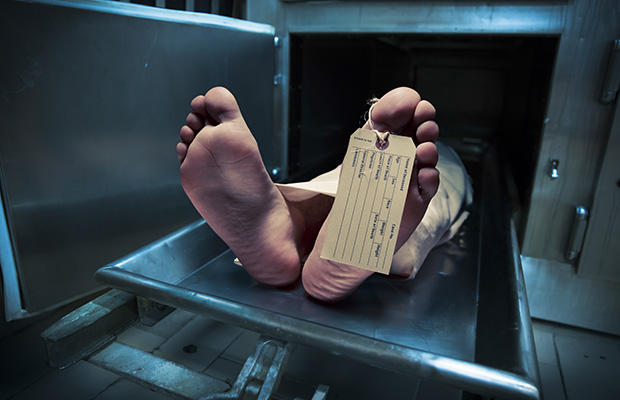Avoid putting your foot in your mouth by steering clear of these five offensive things you can say to someone considering weight loss surgery.
Don't say: "Weight loss surgery doesn't always work."
Another common faux pas, says Krikhely, is saying something along the lines of, "I know someone who had surgery and gained back all of the weight." Just like any health care procedure, results may vary greatly, and bringing up the worst-case scenario isn't helpful at all for the person considering it, says Krikhely. "The fact is that weight loss surgery can transform a patient's health, particularly if that patient follows through with the lifestyle changes that are required for good results."
Don't say: "I know someone who almost died having surgery."
 Photograph by Fer Gregory/Shutterstock
Photograph by Fer Gregory/Shutterstock
Weight loss surgery—like any surgery—does carry a risk, says Scott Cunneen, MD, director of bariatric surgery at Cedars-Sinai Medical Center in Los Angeles. "What patients have to decide, along with their physicians, is whether or not the risk of the surgery outweighs the health risks of staying obese over a period of years," he says. Nancy Sayles Kaneshiro, who cowrote Weighty Issues: Getting the Skinny on Weight Loss Surgery with Cunneen after undergoing the procedure, adds that this is useless info only because of how much research people do. "Anyone who's even thinking about this surgery reads the good, the bad, and the ugly," says Kaneshiro. "Trying to scare someone into not having the surgery isn't the best way to talk about fears."
Don't say: "Why don't you just diet and exercise?"
 Photograph by yellowdog/Getty Images
Photograph by yellowdog/Getty Images
Andrew Averbach, MD, a bariatric surgeon at Saint Agnes Hospital in Baltimore, says it's sad that so many people still view bariatric surgery as the "lazy" way to treat obesity. "What people don't realize is that choosing to have bariatric surgery is not a quick fix," says Averbach. "It means dedicating yourself to a complete lifestyle change both before and after the surgery to maintain a healthy weight." What's more, chalking up someone's weight problems to a lack of good diet and exercise habits means you're not acknowledging that he or she has likely tried those routes—many, many times. "While diet and exercise works for some people, bariatric surgery may be the only way to jump-start weight loss in others—particularly those with medical conditions, such as thyroid disease," says Averbach.
Don't say: "It's not like obesity is a disease."
Actually, the research is pretty clear that obesity is very much a disease, says Garth Davis, MD, medical director of the Davis Clinic at the Methodist Hospital in Houston, Texas, and a board certified bariatric surgeon. "What we're learning is that environment has very little to do with eating behaviors," says Davis. "When you look at MRI studies of the brain, obese patients have a physiological addiction to food." Keeping these genetic and physiological reasons for weight gain in mind before you speak is crucial, says Davis.
Don't say: "Lucky you—you'll never have to worry about your weight again."
This couldn't be further from the truth, says Krikhely. In fact, the hardest work that weight loss surgery patients face is often after the surgery when they are developing new lifestyle habits and strategies that will help them lose weight and keep it off, he says. "Surgery is just one piece of the puzzle. It will help patients lose a certain amount of weight, but then those patients still have to learn how to eat right and exercise."




